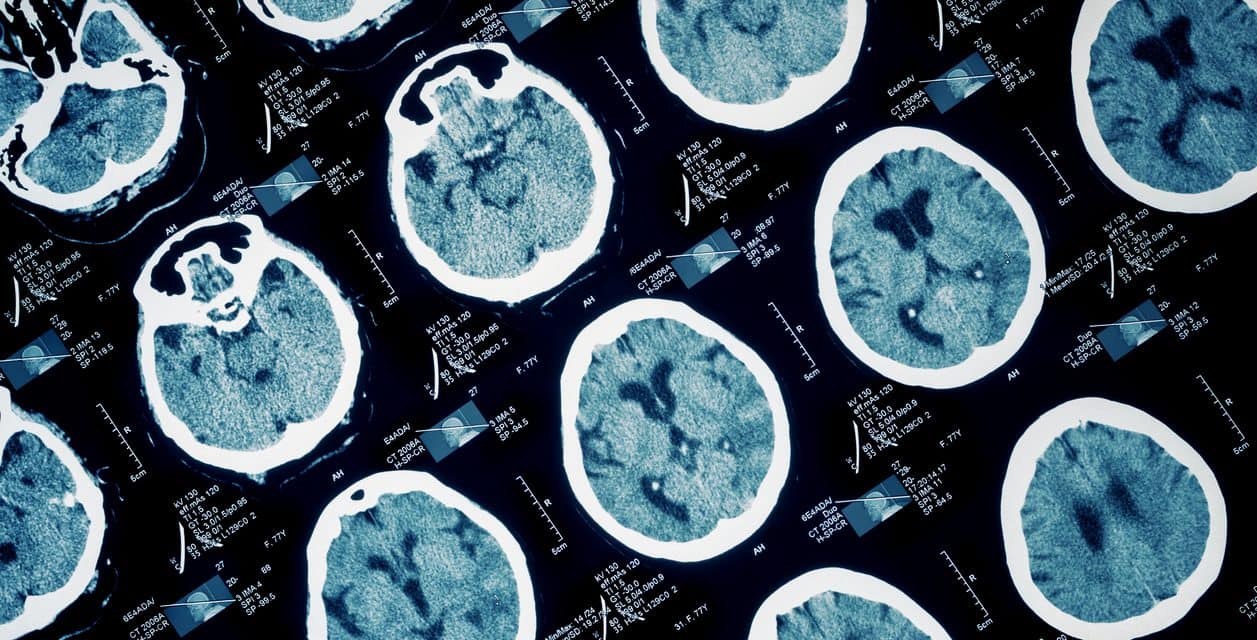Huntington’s disease (HD) is an incurable neurodegenerative disorder caused by a trinucleotide (CAG) repeat expansion in the huntingtin gene (HTT). The R6/2 transgenic mouse model of HD expresses exon 1 of the human HTT gene with approximately 150 CAG repeats. R6/2 mice develop progressive behavioural abnormalities, impaired neurogenesis, and atrophy of several brain regions. In recent years, erythropoietin (EPO) has been shown to confer neuroprotection and enhance neurogenesis, rendering it a promising molecule to attenuate HD symptoms. In this study, the therapeutic potential of EPO was evaluated in female R6/2 transgenic mice. A single bilateral injection of a lentivirus encoding human EPO (LV-hEPO) was performed into the lateral ventricles of R6/2 mice at disease onset (8 weeks of age). Control groups were either untreated or injected with a lentivirus encoding green fluorescent protein (LV-GFP). Thirty days after virus administration, hEPO mRNA and protein were present in injected R6/2 brains. Compared to control R6/2 mice, LV-hEPO-treated R6/2 mice exhibited reduced hippocampal atrophy, increased neuroblast branching towards the dentate granular cell layer, and improved spatial cognition. Our results suggest that LV-hEPO administration may be a promising strategy to reduce cognitive impairment in HD.Copyright © 2020. Published by Elsevier Inc.
Lentiviral delivery of human erythropoietin attenuates hippocampal atrophy and improves cognition in the R6/2 mouse model of Huntington’s disease.


